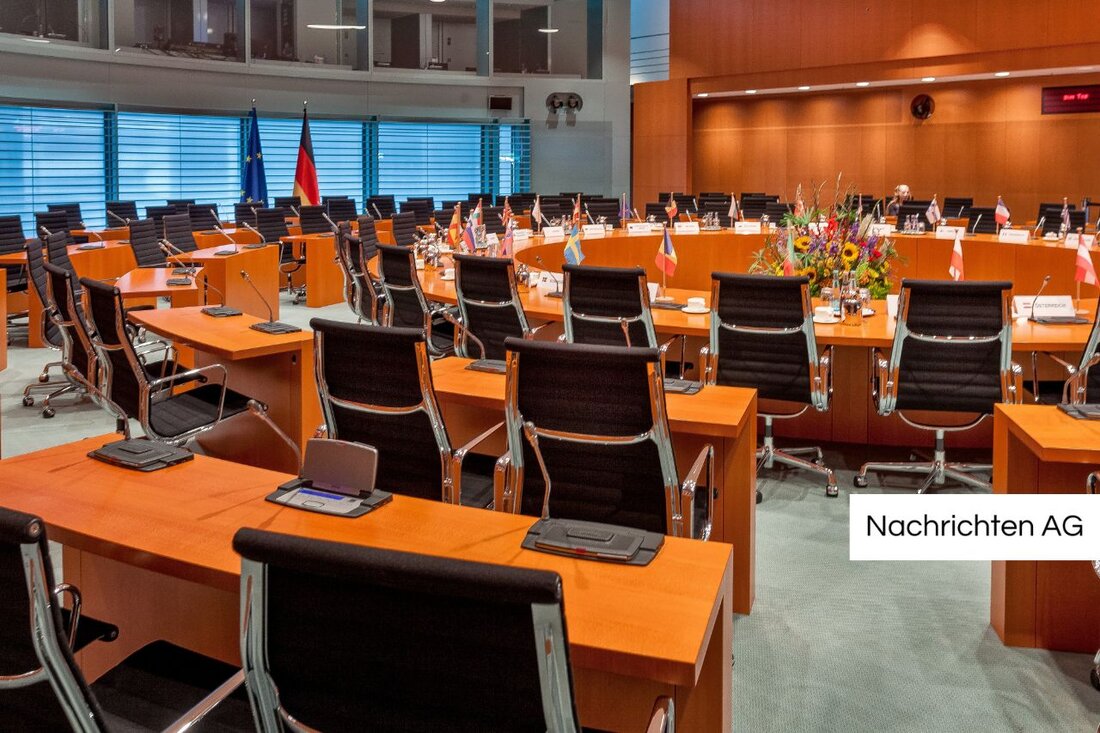Green Aschau sparks TikTok debate: Christmas table dispute inevitable?
The Greens Aschau offer arguments on TikTok against racist statements at family gatherings in order to master discussions at Christmas.

Green Aschau sparks TikTok debate: Christmas table dispute inevitable?
The Greens from Aschau are sounding the alarm! They released an explosive clip that is already shaking up social media. On TikTok, committed citizens can find out how they can confront Uncle Jürgen and his supposedly inappropriate comments at the Christmas table. Over 41,000 users have already liked the post and it has received an impressive 4,500 shares. No wonder, given an issue that affects us all!
But how do we deal with it when Uncle Jürgen adds his opinions to table conversations? Loud Apollo News is the Greens' first tip: just get up and leave the room. If that's not enough, the fact check of the fictional "Uncle Jürgen" comes into play. Would you like an example? Only 3.4 percent of refugees worldwide are in Germany – a disaster? Or not?
Macabre debates at the banquet table?
The Green Party's clip uses a series of lively collages that put to the test the polarizing views that might be picked up around the table. What's particularly piquant is that freedom of expression is presented as unrestricted, but immediately afterwards restrictions are placed on which topics are actually socially acceptable. Is this harsh criticism or bordering on double standards?
It is also pointed out that jokes that do not resonate with everyone could just be an excuse to spread racist, misogynistic or homophobic views. And the Greens follow up: Such statements should be addressed directly, because discrimination is structural and cannot be projected onto skin color.
When arguments change the mood
The campaign is enriched with other claims, such as that patriarchy is the reason for higher suicide rates among men. Whether an argument can refute these claims or whether it would be better to avoid them for a quiet night remains to be seen. In any case, the Greens remain true to their line and offer templates for the appropriate counter-argument if relatives want to discuss things too heatedly.
However, the debate turns out to be a double-edged sword: is this about education or does the guide itself provoke the tense Christmas mood? Source X also poses the question of whether counter-arguments can negatively influence the mood and lead the celebration of love to a scandal.
One thing is certain: With instructions like these, looking forward to a contemplative holiday becomes an exciting balancing act! What remains is the appeal to think about what conversations we want to have at the table on such contemplative days.

 Suche
Suche
 Mein Konto
Mein Konto
